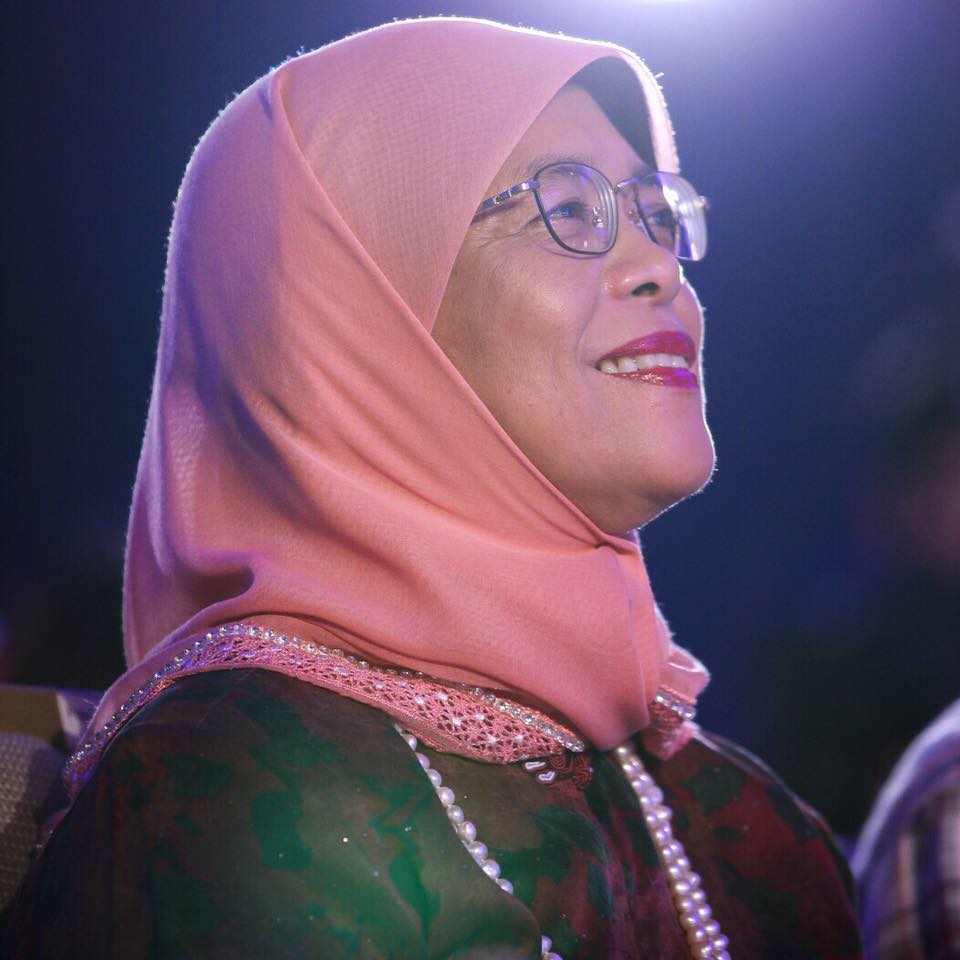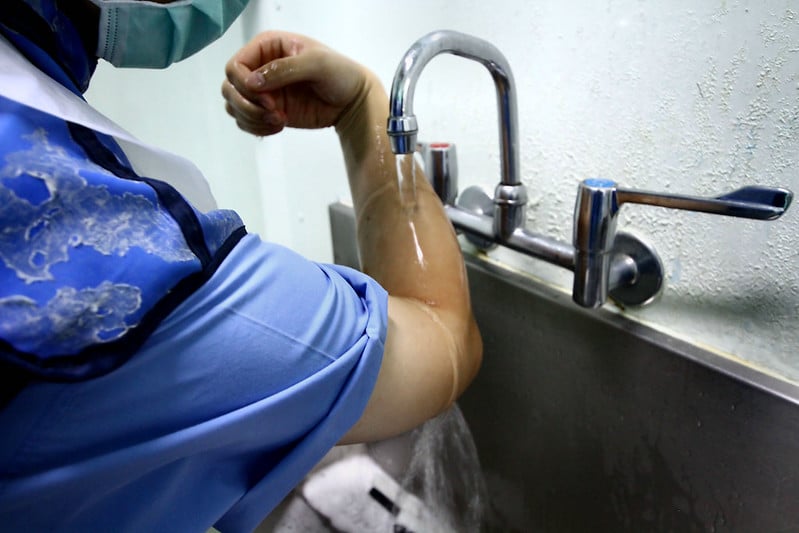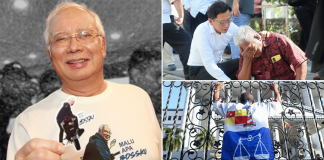Nurses Wearing Tudung To Abide By Workplace Guidelines For Public Health Reasons
During the National Day Rally 2021, Prime Minister (PM) Lee Hsien Loong announced that nurses will be allowed to don the tudung at work. Previously, uniformed personnel could not do so.
However, with this comes the need for some clarifications and possible adjustments to ensure that the nurses maintain public health.
On 26 Oct, the Islamic Religious Council of Singapore (MUIS) issued a fatwa or Islamic legal ruling allowing tudung-wearing nurses to roll their sleeves up to the elbow for hygiene purposes.
MUIS clarifies tudung shouldn’t impede jobs
According to MUIS on Tuesday (26 Oct), there have been numerous questions and discussions regarding covering the aurat in clinical settings, following the policy change that’ll take place on 1 Nov.
The aurat refers to parts of the body that men and women must cover to preserve their modesty according to Muslim law. For women, these include their entire body except the face and hands.
The tudung will complete the covering of a woman’s aurat, MUIS said.
However, the wearing of the tudung shouldn’t hinder efforts to better themselves and the community or impede their jobs.
Tudung-wearing nurses can abide by Bare Below the Elbow policy
The Bare Below the Elbow (BBE) policy in the healthcare sector denotes that staff should keep their arms up to the elbow free from clothing or any jewellery.
They should thus roll their sleeves up to ensure that the wrists are clean when washing hands.
In accordance with this, MUIS said in their fatwa that tudung-wearing nurses can expose their skin above the hands up to the elbows.
They explained that the hygiene concern under the BBE policy is enough to substantiate the need for nurses to expose their arms.
Nurses can even remove their tudung in certain situations like in the operating theatre, where they have to replace it with a surgical cap instead.
MUIS also advised officers in other uniformed services such as the police force to make their own judgments according to work policies.
As such, MUIS cautioned the community against coercing Muslim women to wear the tudung at work or look down on those who do not.
More information about the fatwa is available here.
Need to continue to work together as a community
MUIS reiterated that in a diverse society, we need to cultivate trust between our communities and not allow religious differences to threaten social cohesion.
The allowance of nurses to wear the tudung at work is the result of community efforts calling for an end to the need to choose between work and their religion.
While it hasn’t reached other uniformed personnel yet, MUIS hopes the guidelines will serve as a useful blueprint for them in the meantime.
Have news you must share? Get in touch with us via email at news@mustsharenews.com.
Featured image courtesy of PERGAS and adapted from Singapore General Hospital.










